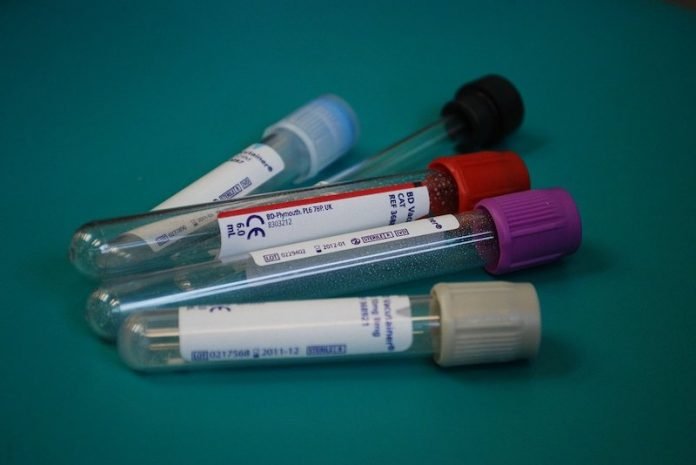
In a recent study from Mount Sinai, researchers identified two markers of inflammation that reliably predict the severity of COVID-19 cases and the likelihood of survival.
The study provides a foundation for a diagnostic platform and therapeutic targets
The study is published in Nature Medicine. One author is Sacha Gnjatic, Ph.D., Associate Director of the Human Immune Monitoring Center at Mount Sinai.
When the COVID-19 pandemic began, the team promptly implemented a rapid test to measure the levels of four cytokines associated with pathogenic inflammation, which were suspected to cause severity in COVID-19 patients.
In just one month, cytokine blood levels were tested in 1,484 patients upon admission to Mount Sinai Health System’s hospitals, and patients were followed for up to 41 days.
The researchers studied four proteins known as cytokines that circulate in the blood and are commonly associated with infections and found that two of them, called IL-6 and TNF-α, were able to predict which patients were likely to develop more severe forms of COVID-19 and die.
They showed that the levels of IL-6 and TNF-α in serum when measured at admission to the hospital, were elevated in patients who fared the worst.
The finding was independent of the patients’ other underlying medical conditions, of demographics such as age and sex, and of other standard clinical biomarkers of disease severity such as low blood oxygen saturation and common markers related to inflammation, iron levels, and blood clotting issues.
This study suggests that these cytokines should be monitored in the treatment of COVID-19 patients to help select those who should enter clinical trials and receive specific drugs that can target them.
The team says that serum IL-6 and TNF-α levels should be considered in the management and treatment of COVID-19 patients.
They also suggest that patients with high IL-6 and TNF-α levels should be assessed for the combinatorial blockade of pathogenic inflammation in this disease.
Drugs blocking these cytokines are either FDA-approved or in clinical trials.
Copyright © 2020 Knowridge Science Report. All rights reserved.



